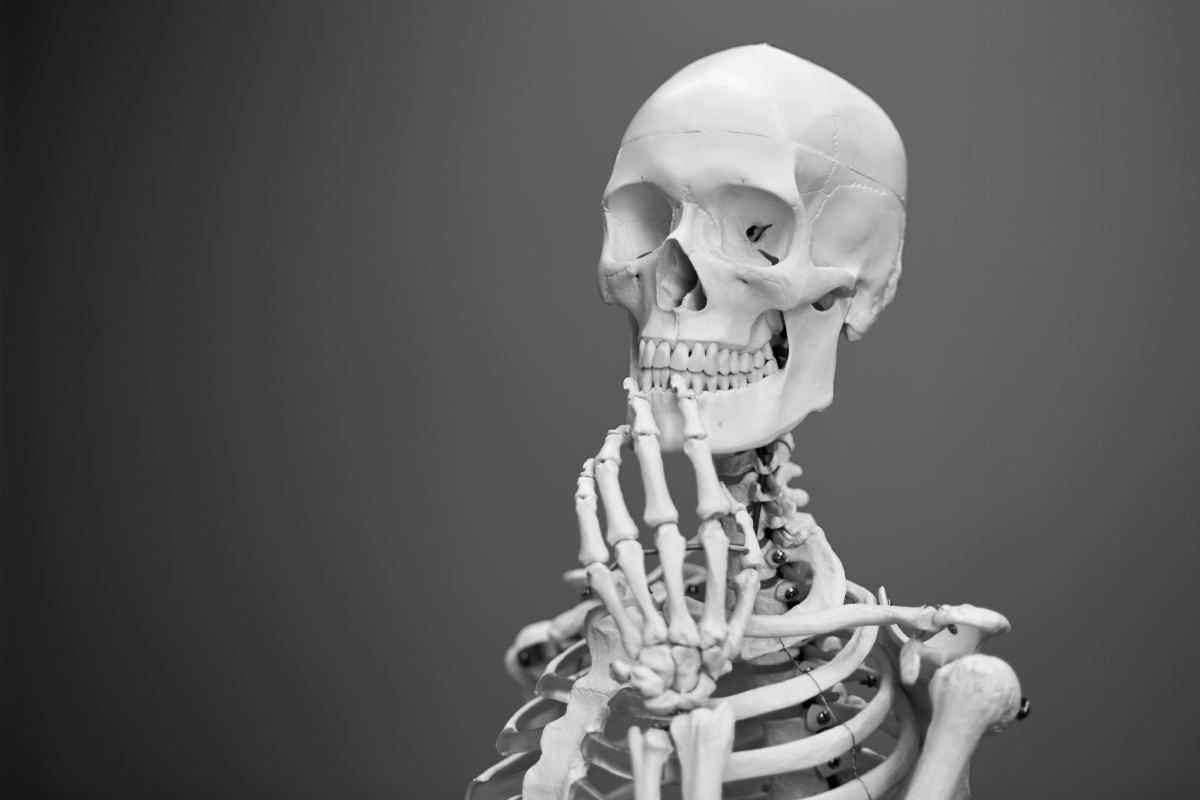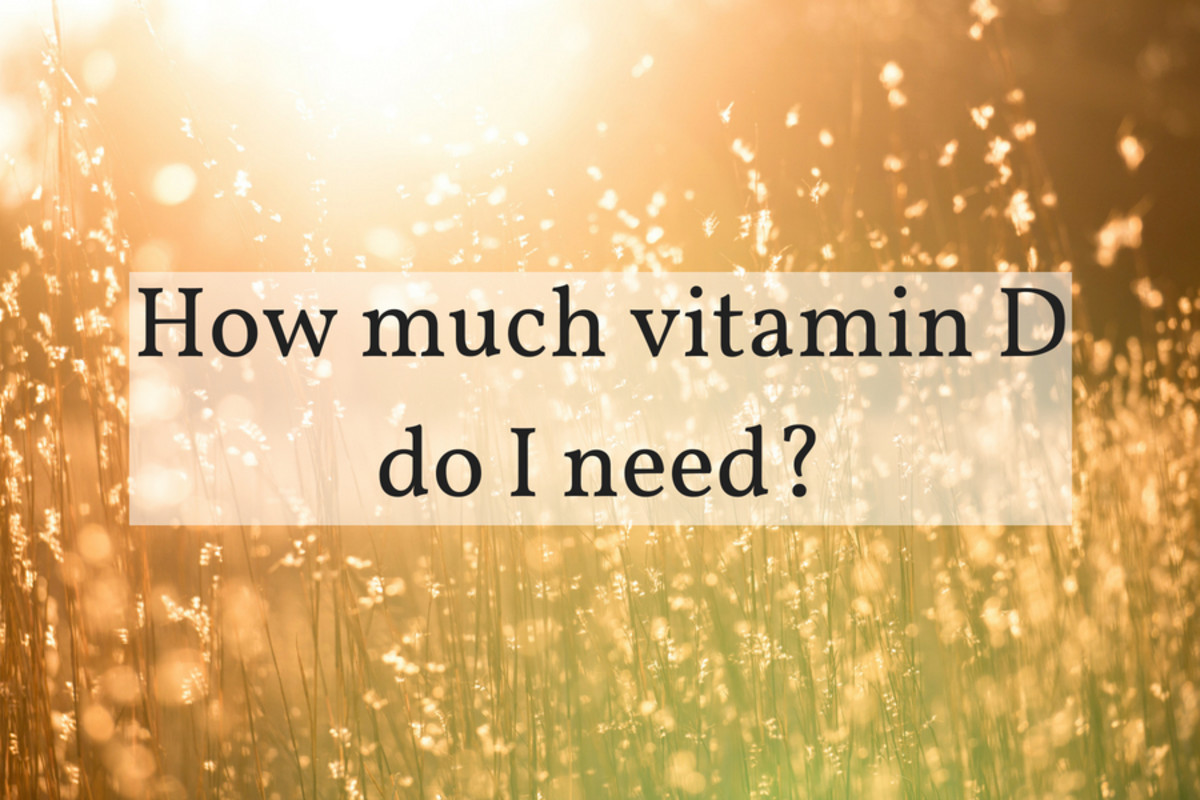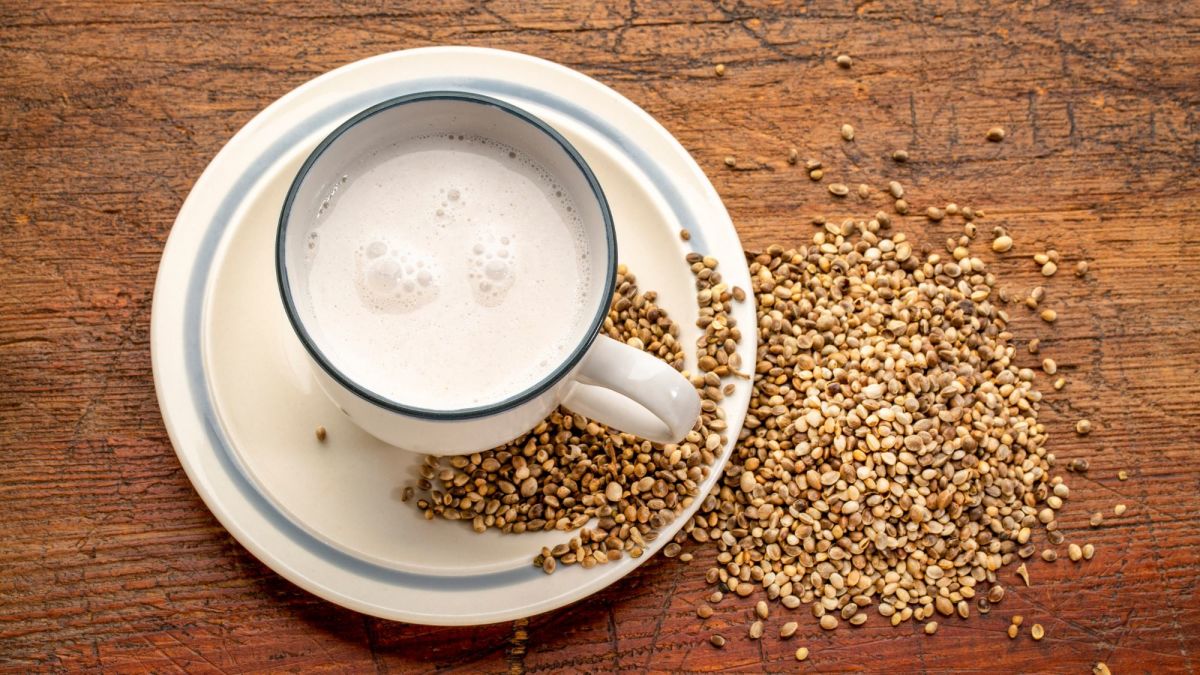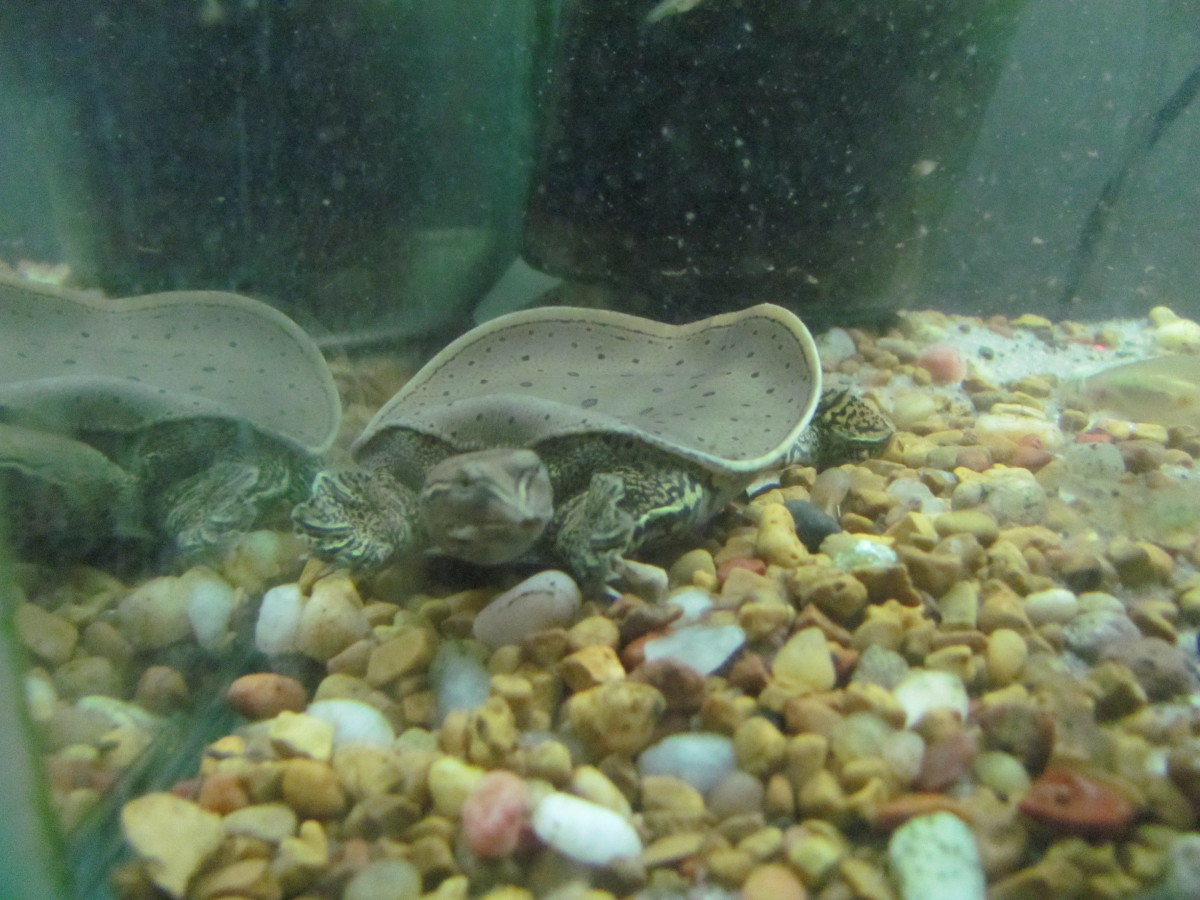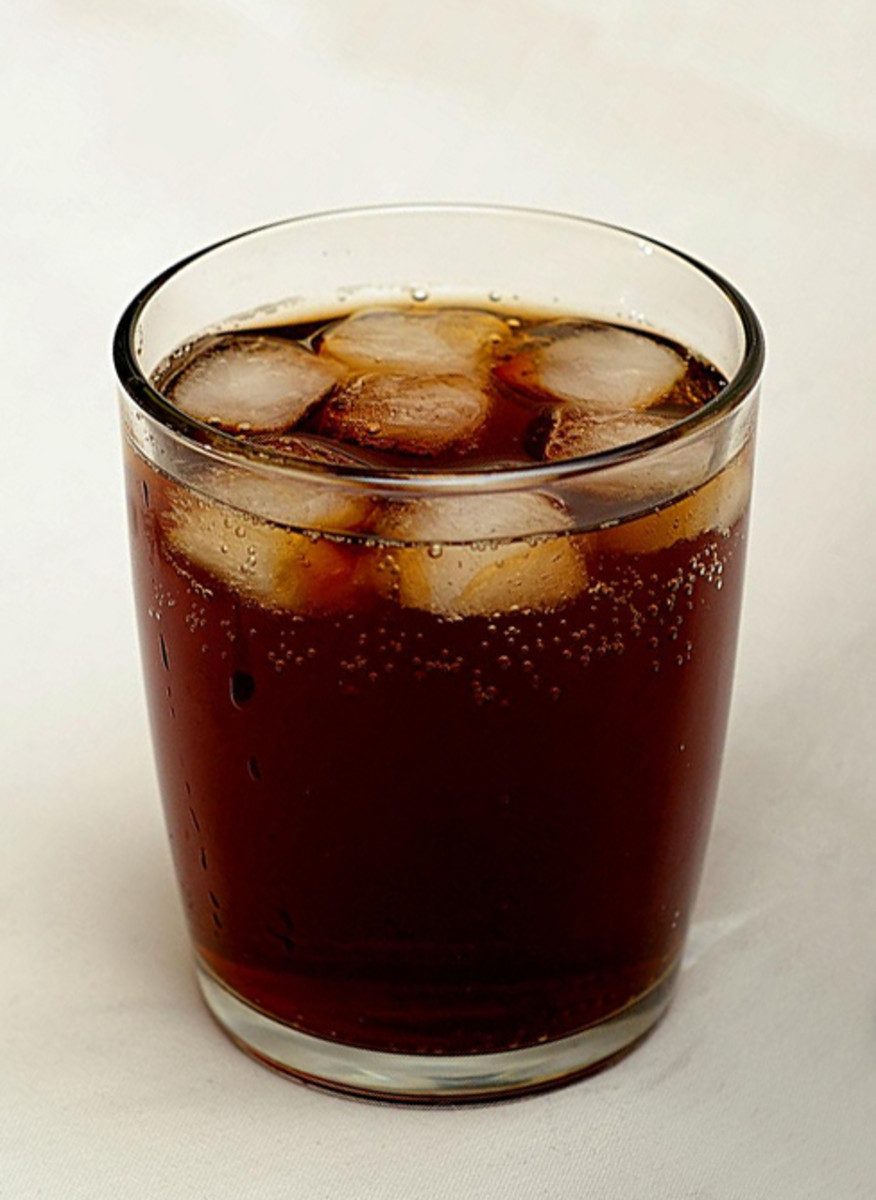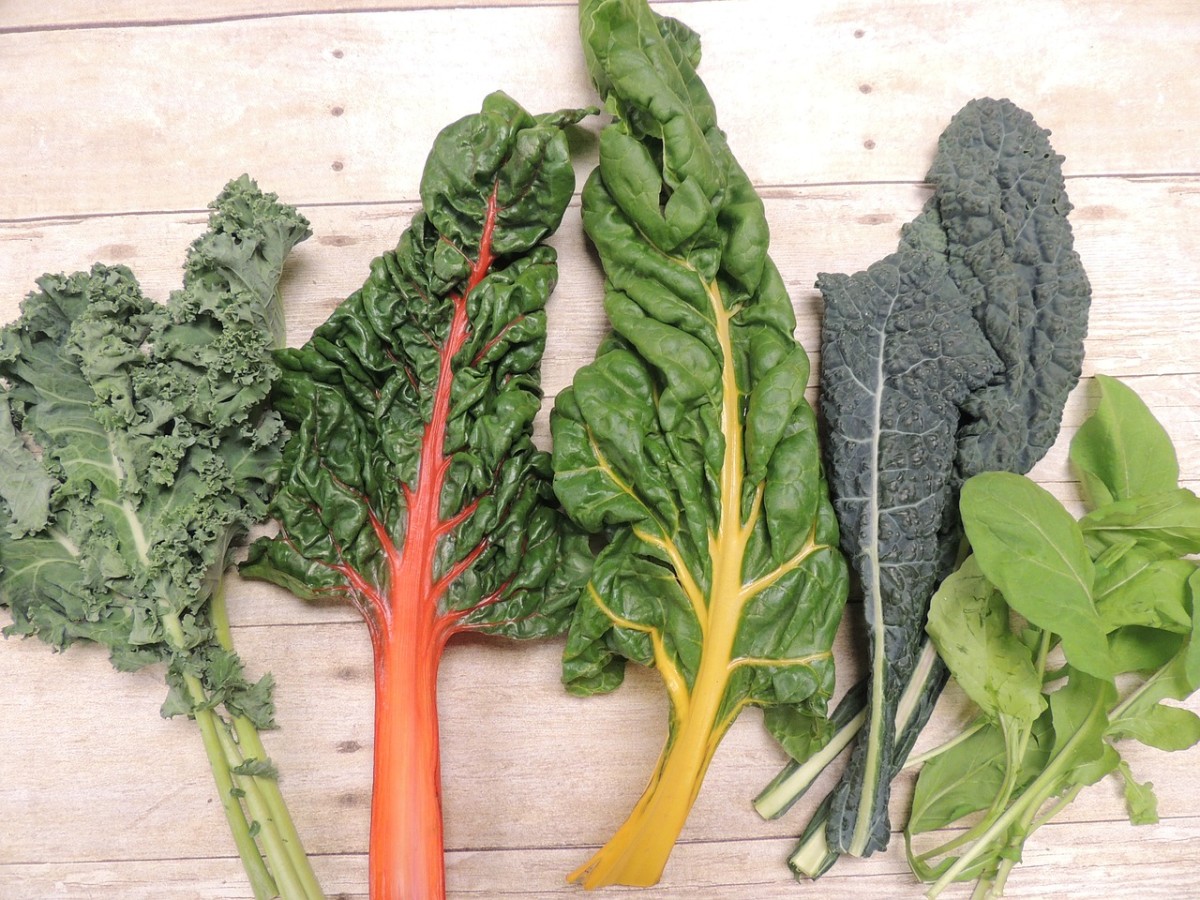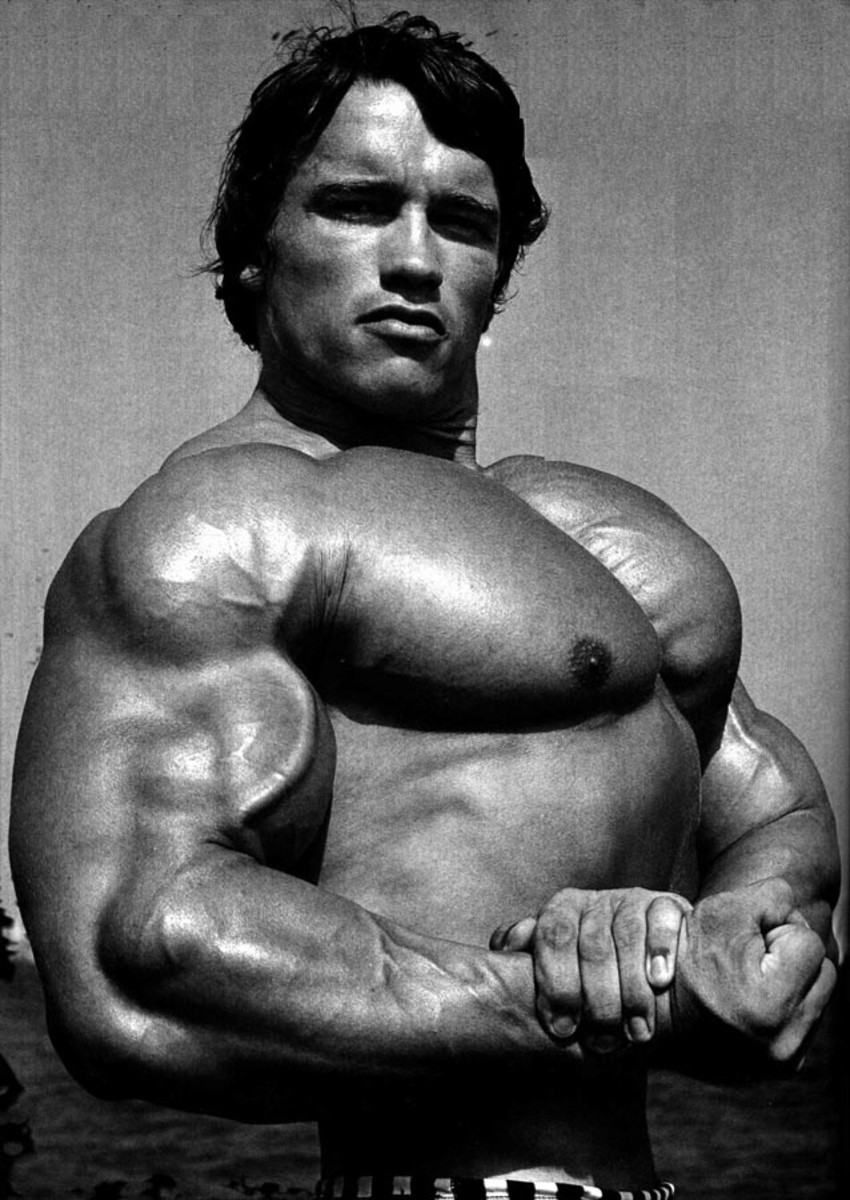Do You Get Enough Protein and Calcium
Protein
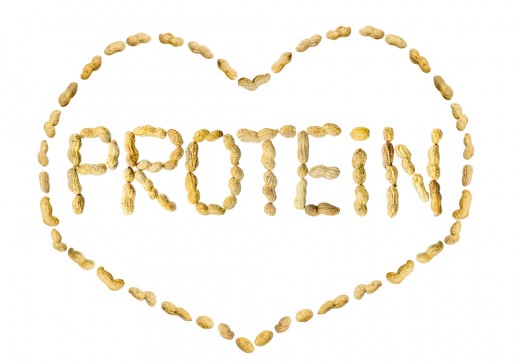
Protein and Calcium
These are probably the 2 things that people are concerned about getting enough of, especially if you have a vegetarian or vegan diet. So first let us talk about calcium. Currently in the news they do say that people are not getting enough magnesium.
Now there is something called common knowledge. It used to be common knowledge that the earth was flat, the sun orbited around the earth and the flu or influenza was caused by the influence of the stars, hence its name. But a lot of this common knowledge is wrong. Do you get enough calcium?
Calcium
Since information is always changing I figured that I would get the very latest information. This article was written June 2, 2016. Also the information was accessed on this date. This is the age of information. Now it would seem like common knowledge would say that getting enough calcium in the diet has something to do with having enough calcium. What if I told you that modern science says that there is no connection between the two.
When you do a Google search for 'calcium' they come up with 112 million websites. Number one is the United States National Institutes of Health, Office of Dietary Supplements, Calcium Dietary Supplement Fact Sheet. It says:
Serum calcium is very tightly regulated and does not fluctuate with changes in dietary intakes; the body uses bone tissue as a reservoir for, and source of calcium, to maintain constant concentrations of calcium in blood, muscle, and intercellular fluids. The remaining 99% of the body's calcium supply is stored in the bones and teeth where it supports their structure and function.
So you might be concerned about having weak bones or osteoporosis.But the above says that how much calcium that you have in your diet has nothing to do with that. It is affected by a lot of things but not that. I have an article called The Real Cause of Osteoporosis or Weak Bones. It has a study done by PubMed. It says:
RESULTS: We found no evidence that higher intakes of milk or calcium from food sources reduce fracture incidence.
The first website mentioned said that 43% of Americans use dietary supplements that contain calcium. It was not mentioned on this website, but the countries that consume the most calcium have the highest rates of osteoporosis. You can understand this by what this website says. Some of the calcium is gotten rid of through sweat, feces and urination. Now the first thing that is mentioned is that high sodium intake increases urinary calcium excretion.
A teaspoon of salt has more sodium than in 100 pounds of unprocessed food. Salt is not a food. It is a rock like granite or quartz. To learn more about it read How to Live 30 Years Longer. Also on it is a 5 minute video with the research shown by Michael Greger M.D. that shows that it is the sole cause of high blood pressure and kills over 1,000 Americans per day. It also has a link to the WebMD article that says that it is healthier to start smoking and quit eating salt. This is not a misprint.
It says that drinking alcohol can reduce the absorption of calcium and can inhibit the manufacturing of the active form of vitamin D. Also it says:
Fruits and vegetables, when metabolized, shift the acid/base balance of the body towards the alkaline by producing bicarbonate, which reduces calcium excretion.
The other article of mine goes into a lot detail about that. A lot of common knowledge comes from marketing. Someone sells something so it can pay them to advertise it. Milk is known for having a lot of calcium so they advertise that consuming calcium is important. There is a supplement and intravenous solution that has a lot of vitamins and minerals but no calcium. It is designed to open almost totally closed arteries without using drugs or operations. A major part of plaque is calcium. The one taken orally is called oral chelation.
Protein
The other thing that people are concerned about getting enough of is protein. Now the advertising method to get you to buy meat is to say that meat has a lot of protein. There are hundreds of fruits and vegetables. Name one that does not have protein. They all have protein, but to make a complete protein you need all 9 amino acids. So name one fruit or vegetable that does not have one of the 9 amino acids. They all have all the essential amino acids.
There is a disease that means having a shortage of protein. But I disagree. There is no one that has a protein deficiency. These people also have a carbohydrate and fat deficiency but there is no such thing. The only people that have a protein deficiency also do not get enough fat or carbohydrate. The doctor can say that these guys had a myocardial infarction, cerebrovascular accident or malignant neoplasm. But they are just saying that these guys had heart attack, stroke or cancer.
So getting back to the technical name for protein deficiency. It really means the guy is starving to death. He is not getting enough food to eat. Kwashiorkor is the name that they use for protein deficency. Nutrition textbooks say that it does not exist in this part of the world. Now in America you get all the free food that you want and more from food bank satellites. See Get Free Food If You Need It.
Now I do volunteer work at a satellite of a food bank. They tell you how much of each food, you can take. Today I heard something they never said before. Take all the bread that you want. So you could take 500 loaves if you wanted to. What if you get too much carbohydrate or fat? What does the body do? It stores it. What if you consume too much protein, like most Americans-- can you store it? No, protein has to broken down and that creates toxins that cause cancer and other diseases.
Now just to show how much we are fooled the body uses the amino acids in certain ratios and they measure this ratio to see how close to perfect you get. Now they say that a food with a protein quality/amino acid ratio of 100 or more does not need other foods added to it. That is nonsense. Let me give you an example. Sirloin steak has a score of 94 so that means that you should add other proteins. See for yourself. Sirloin beef.
Now let me remind you that I say that it is nonsense. Well let us compare it to kiwi fruit. The same website says that this food has a protein quality of 105 so it does not need to be combined with any other protein. So kiwi fruit does not need any other protein but sirloin steak needs to be mixed with kiwi fruit or some other protein. That is what it says.
If you look up potatoes they say that it does not have enough protein to survive. That is their theory. But 3 men ate nothing but potatoes and margarine for 305 days while doing progressively harder and harder work. That is over 10 months. It concluded:
Potato protein alone is sufficient to sustain an athletic man.
See The Myth of Complete Protein to see the whole story and link to it. It was written by an obesity researcher, neurobiologist, and author who has a PhD in neurobiology from University of Washington. Reports show that Americans eat 4 to 5 times as much protein as they need due to a meat centered diet. The excess goes to creating diseases like cancer.
David Servan-Schreiber, M.D., Ph.D. got cancer at a young age. The doctors cured it in a short time. Then he got it again. So he learned what he could about cancer and lifestyle. He changed his lifestyle including becoming a vegetarian and cured the cancer again. He waited over a decade and the cancer did not return.
He then wrote a book called Anticancer: A New Way of Life. He says in this book that Americans are the only ones that make meat the main dish and others side dishes. He says that in other countries, meat is only a side dish. For more on this see Cancer Treatment and Cancer Prevention.
Anticancer: A New Way of Life by an M.D. that cured his own cancer.

Why Choose Being Vegan Over Eating Meat? - Dr. Joel Fuhrman
5 Things Vegans Can Do For Optimal Health - Dr. Joel Fuhrman
Dr. Lani's No-Nonsense Bone Health Guide: The Truth About Density Testing, Osteoporosis Drugs, and Building Bone Quality at Any Age


